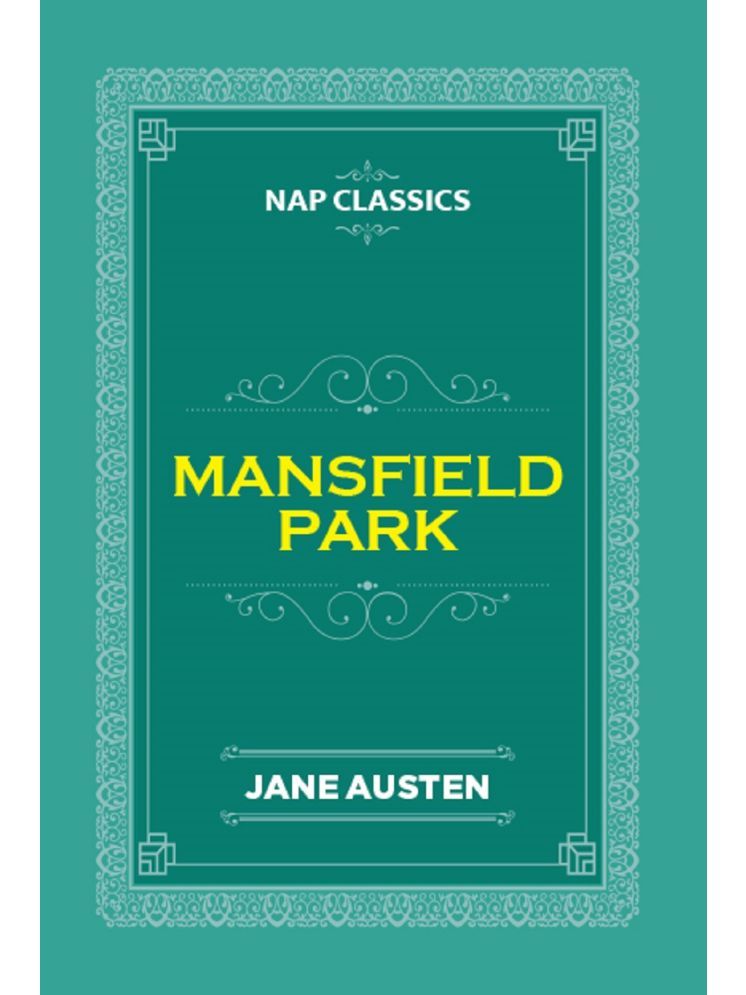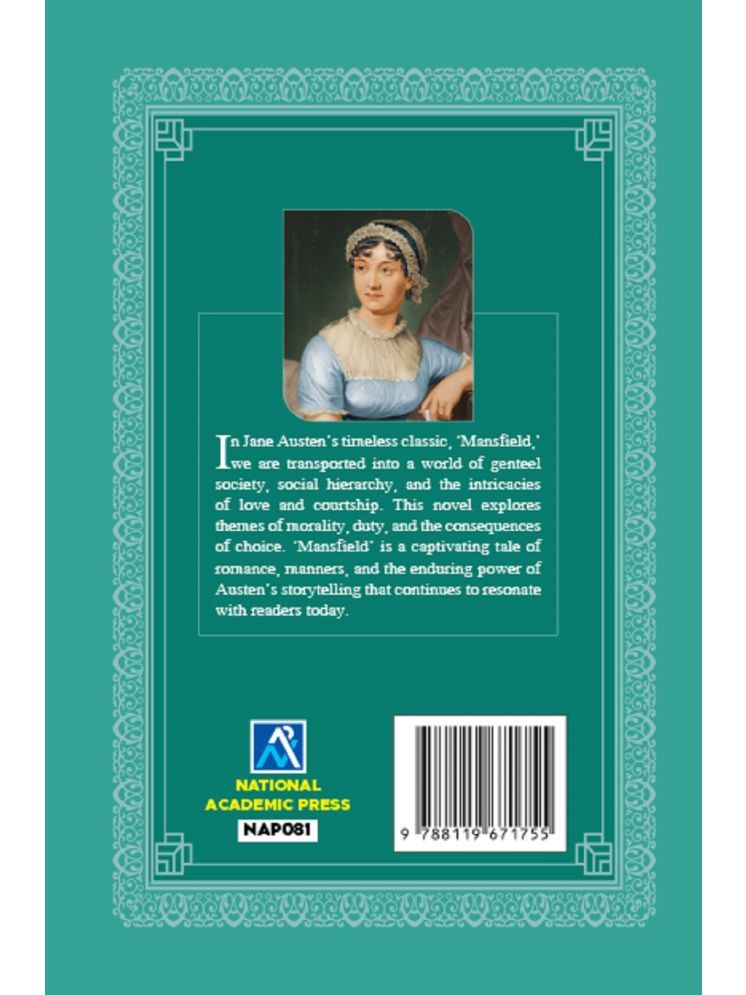In Mansfield Park, Jane Austen presents a sharp and insightful portrait of social class, morality, and personal growth in Regency-era England. The novel follows Fanny Price, a shy, poor young girl who is sent to live with her wealthy relatives at Mansfield Park. Raised among the Bertrams—an aristocratic family—Fanny finds herself caught between the opulence and privilege of her relatives and the simplicity of her own values.
As she matures, Fanny becomes increasingly aware of the moral complexities surrounding her, particularly with regards to her relationship with her cousin Edmund, whom she secretly loves. At the same time, the arrival of the charming and morally ambiguous Crawfords threatens to disrupt the delicate balance of the household. Through her characters’ relationships, Austen explores the tensions between duty and desire, right and wrong, and the societal expectations placed on women of the time.
With its keen observations of human nature, witty dialogue, and social commentary, Mansfield Park is a novel about personal integrity, the challenges of moral choices, and the quiet strength of an unlikely heroine. Austen’s exploration of Fanny’s moral courage and her gradual rise above her circumstances makes this one of her most complex and thought-provoking works, offering a nuanced view of virtue, family, and love.


